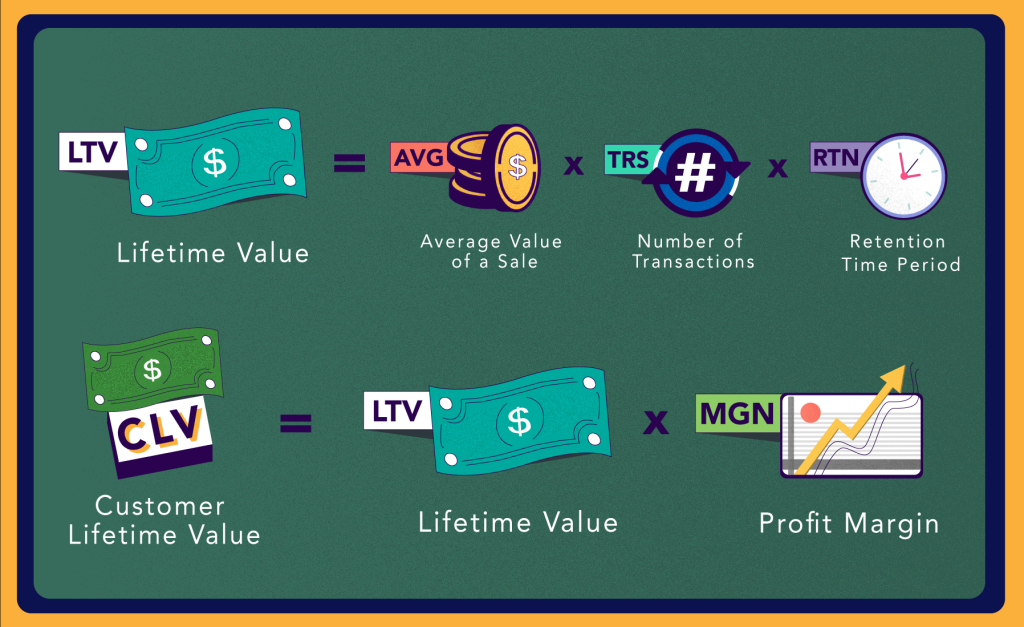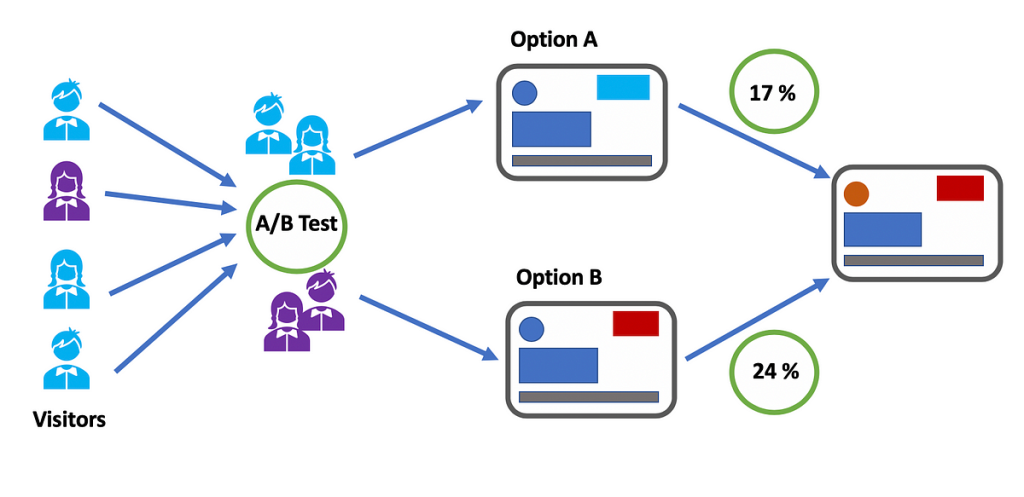
Evaluating the effectiveness of a digital marketing campaign is essential to assess its success and make informed decisions for future campaigns. Below are some key metrics and methods that can be utilized to measure the effectiveness of a digital marketing campaign:
- Website Traffic: Monitor the number of visitors to your website during the campaign and analyze the overall increase in traffic compared to the pre-campaign period. Tools like Google Analytics can provide detailed insights into website traffic.

- Conversion Rate: Keep track of the conversion rate, which measures the percentage of website visitors who take a desired action, such as making a purchase, filling out a form, or subscribing to a newsletter. This metric indicates how successful your campaign is in driving valuable actions.

- Return on Investment (ROI): Calculate the ROI by comparing the cost of the campaign to the revenue generated. This metric helps determine the profitability of your marketing efforts. Assigning unique tracking codes or using specific campaign URLs can help track conversions and attribute them to the campaign accurately.

- Engagement Metrics: Assess various engagement metrics, such as time spent on site, bounce rate, pages per session, and social media engagement (likes, comments, shares, etc.). These metrics indicate the level of interest and interaction generated by your campaign.

- Reach and Impressions: Evaluate the reach and impressions of your campaign across different channels, including social media platforms, email newsletters, display advertising, and search engine results pages. This data helps you understand the visibility and exposure your campaign has achieved.

- Cost per Acquisition (CPA): Determine the cost per acquisition, which calculates the average amount spent to acquire a customer or lead. This metric helps assess the efficiency of your campaign and compare it to other marketing channels.

- Customer Lifetime Value (CLV): Analyze the CLV to understand the long-term value generated by the campaign. It estimates the revenue a customer will generate throughout their relationship with your business. Compare the CLV with the cost per acquisition to evaluate the campaign’s profitability.

- Surveys and Feedback: Gather feedback from your target audience through surveys, interviews, or social media monitoring. This qualitative data provides insights into their perception, satisfaction, and engagement with the campaign.

- Social Media Metrics: Monitor the growth of your social media following, engagement rates, and the reach of your campaign’s social media posts. Additionally, track the number of clicks on links shared through social media.

- A/B Testing: Conduct A/B testing by creating multiple versions of your campaign and comparing their performance. Test different elements such as headlines, visuals, call-to-action buttons, or landing pages to identify which variations drive better results.

Remember that the effectiveness of a digital marketing campaign can vary depending on your goals and industry. Select the metrics that align with your objectives, track them consistently, and compare them against your benchmarks to evaluate the campaign’s success and identify areas for improvement.
Thanks,






Leave a Reply
You must be logged in to post a comment.